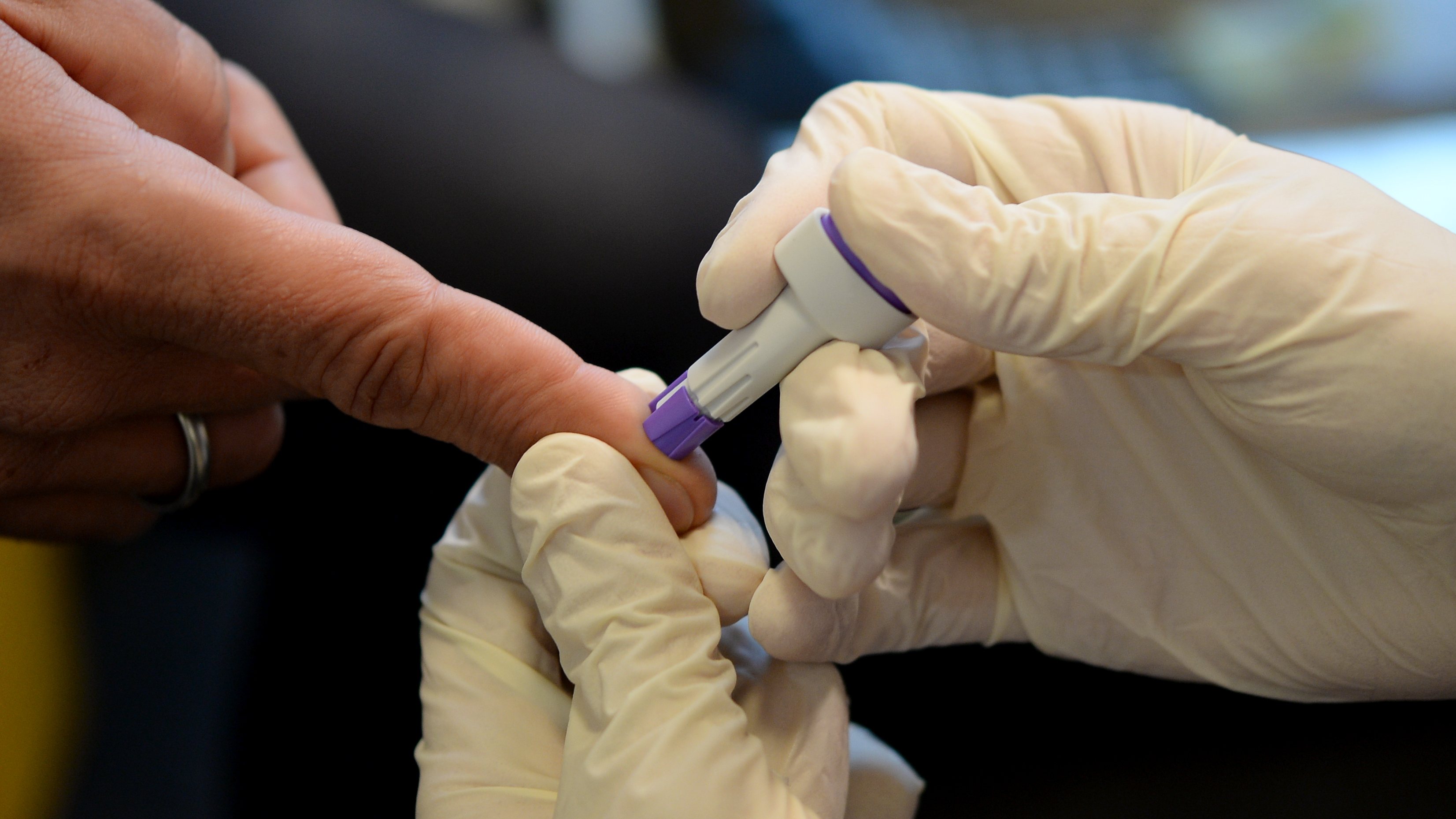Four out of ten people living with HIV have already been subjected to some form of social discrimination, reveals a national study, pointing to an increase in the number of people who were tested without their knowledge.
The Stigma Index of People Living with HIV (Stigma Index), published this Wednesday in Lisbon, is an international project applied for the first time in Portugal in 2013 and replicated in 2021/2022 by the Center against HIV Discrimination ( joint project of the Portuguese Association for the Prevention and Challenge of AIDS — Ser+ and the Group of Activists in Treatment — GAT), with funding from the General Directorate of Health and in collaboration with the National School of Public Health.
The study, in which 1,095 people living with HIV from the Lisbon, Porto, Coimbra and Faro regions participated, highlights aspects that seem to have worsened since 2013, the confidentiality of medical records and action in situations of discrimination.
Regarding the decision to get tested, there was “a small increase” in the percentage of respondents who say they do it voluntarily, from 51.3% in 2013 to 53.9% in 2021. increase “is even more substantial” in those who reported that they were tested without their knowledge, from 21.9% to 29.7%.
The executive director of the GAT, Ricardo Fernandes, told Lusa that, in terms of carrying out the test without the knowledge of the objective, the investigation did not find out in what context these tests were carried out, but considered that they arise in situations such as pre-exams surgical procedures and also in routine examinations prescribed by family doctors.
Ricardo Fernandes considered that this situation is “very serious”taking into account that the doctor must justify the prescription of this screening.
A third of respondents postponed or avoided treatment for reasons related to stigma and discrimination, and 22% reported some form of discrimination in the last 12 months by health professionals, with most frequent occurrences in health services non-HIV related (16%).
When only the comparable items are analyzed between 2013 and 2021, it seems that there was a decrease in the number of people who experienced these situations in the last 12 months (from 11% to 7%),” says the study, which marks Zero Discrimination Day.
breach of confidentiality increased from 5.3% to 9.5%with respondents mentioning that their medical records are not kept confidential, says the study, which included collaboration with 10 hospital centers and 18 community organizations.
In the last year, 8.5% of those surveyed revealed having been subjected to some type of social discrimination, with discriminatory comments and verbal aggression being the situations most denounced, when in 2013 they were 29%, and 3.5 % say they have already suffered some type of discrimination in a situation of violation of their rights.
The vast majority (90.5%) identified manifestations of internal stigma and 30% some self-discriminatory behavior in the last twelve months, values that decreased compared to 2013, these issues being more present in immigrants, sex workers, transgender people and in women
Analyzing “stigma and discrimination for reasons unrelated to HIV,” the study reveals that transgender people, drug users, and men who have sex with men report being discriminated against the most, with 88%, 77%, and 65%, respectively. .
Although the results of this study seem to indicate a favorable evolution in terms of stigma and discrimination suffered by people living with HIV in the various contexts of their lives, it seems that it continues to be a very relevant issue in Portugal, especially in services health, disproportionately affecting people belonging to one or more vulnerable populations, as well as women”, underlines the study.
It also points out that the data now collected may be biased by the Covid-19 pandemic, which caused a decrease in social interactions in the 12 months prior to the application of the questionnaire, which may have led to an artificial decrease in situations of discrimination. .
The Report makes a set of recommendations to Parliament, the Government and non-governmental organizations that work on this matter at the legislative level and intervention strategies, such as “supervising, accompanying and acting in situations of stigma and discrimination in the context of infection for HIV”. ” or “guarantee the right to sexual and reproductive health without discrimination”.
Source: Observadora
